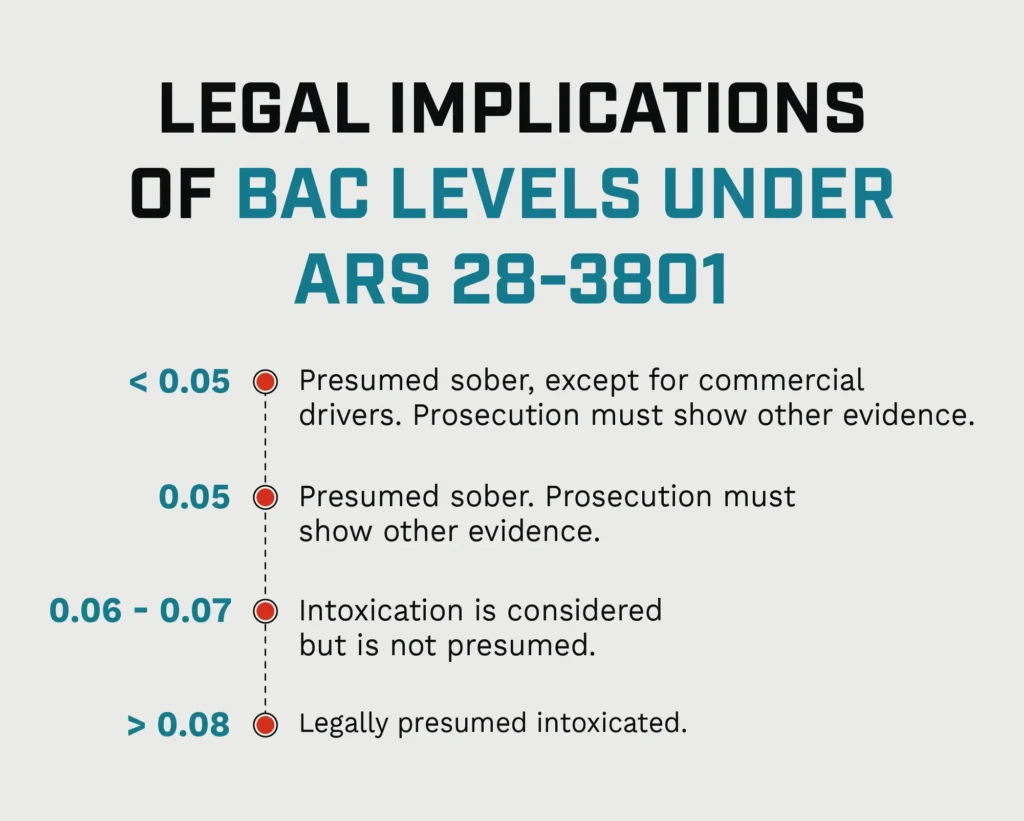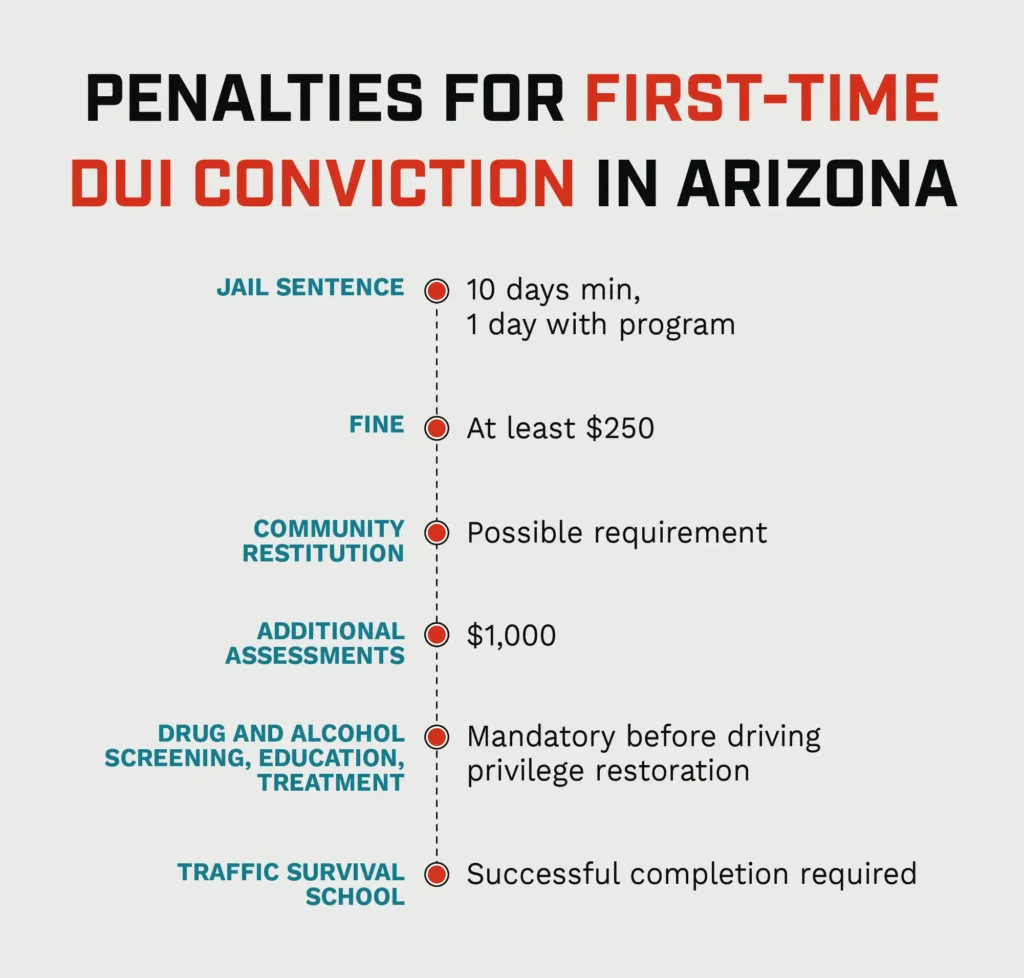
Posted on August 29, 2024 in Arizona Revised Statutes,BAC
If you are accused of driving under the influence in Arizona, your exposure to the state’s DUI laws will come in the form of interacting with an Arizona court, judge, and jury. These institutions rely on the state’s statutory system, also known as the Arizona Revised Statutes (ARS), to weigh your guilt or innocence.
The specific statute that defines what a DUI is in Arizona is ARS 28-1381.
If you have been charged with DUI in Arizona, your Arizona DUI defense attorney is responsible for making sure the prosecutor and the court interpret Arizona’s DUI statute correctly and apply it fairly. Call us at (480) 248-7666 to set up an initial consultation to review the DUI charges you face and your legal defense options.
Here, we take an in-depth look at ARS 28-1381 to explain how it works, including how it relates to other Arizona statutes.
Courts require standard definitions of the terms they use day-to-day to apply Arizona DUI law fairly to all DUI defendants. Arizona law ARS 28-1381 defines DUI by outlining what the state constitutes as being under the influence of alcohol or drugs while driving or being in control of a vehicle. This includes:
ARS 13-3401 includes an extensive list of what it considers intoxicating drugs. This list includes both common and uncommonly heard of narcotics, including:
Note that under ARS 28-2801(B), there is no legal defense to a DUI charge if you are legally allowed to use a drug in Arizona. However, under ARS 28-1301(D), if you have a legitimate medical prescription for a drug and are taking the prescribed medications as prescribed, the presence of that drug in your body at the time of your DUI arrest does not necessarily incriminate you.
Arizona statutes do not define what it means to be in actual physical control of a vehicle.
Instead, courts will consider the circumstances of when the police officer interacts with you. Generally, the easier it is for you to start driving the vehicle, the more likely the policeman will conclude that you have physical control over it.
Some of the indications of actual physical control the police officer will look for include:
Depending on where the DUI arrest happened and the jurisdiction of the arresting police officers, any municipality or county in Arizona can prosecute you for DUI. Under ARS 28-3801(F), the court must give you the choice of a trial by jury or a bench trial. If a bench trial takes place, the judge takes on the jury’s role when they first arraign you for your DUI charge.

Under ARS 28-3801(G), the law presumes intoxication if your BAC is 0.08 or higher. However, if your BAC is between 0.05 and 0.08, you may still be considered intoxicated on a case-by-case basis.
Note that a BAC of 0.0499 or less does not automatically mean you cannot be convicted of a DUI in Arizona. Instead, under ARS 28-3801(H), the prosecution must present other evidence to overcome the presumption of non-intoxication.
A first-time conviction for DUI will result in the court applying the following penalties ARS 28-1381(I):

Additional factors can influence how the court imposes its sentence on you:
If you have one or more prior DUI convictions under ARS 28-3801, ARS 28-1382, or ARS 28-1383, your punishments will increase accordingly. You will be subject to the penalties above, and the following penalties also apply:
Although this page focuses on Arizona’s main DUI statute, ARS 28-1381 does not work in a vacuum when it comes to DUI convictions. The Motor Vehicles Division of the Arizona Department of Transportation (MVD) can also impose sanctions after you receive a DUI conviction.
These additional consequences can include suspension of your driver’s license and adding 8 points to your Arizona Driver’s License.
Although you can certainly attempt to defend yourself against a DUI charge in Arizona, reading the Arizona Revised Statutes alone will not give you the experience, specialized training, and expertise to build the best possible DUI defense.
Arizona law has some of the strictest DUI laws in the country. Against an aggressive prosecutor, you need smart and aggressive representation that will uncover and use every available resource and required defensive strategy.
At the Rosenstein Law Group, our board-certified DUI Specialist attorneys have substantial experience in DUI defense law. We have achieved many significant criminal defense law victories, including case acquittals, dismissals, reduced charges, and probation.
We are passionate and dedicated and will work tirelessly to ensure that one bad decision does not destroy your future.
If a town or county in Arizona is prosecuting you for DUI, call us today to talk with one of our DUI defense attorneys. Or, if you prefer, you can contact us online and we’ll respond to you as soon as possible.